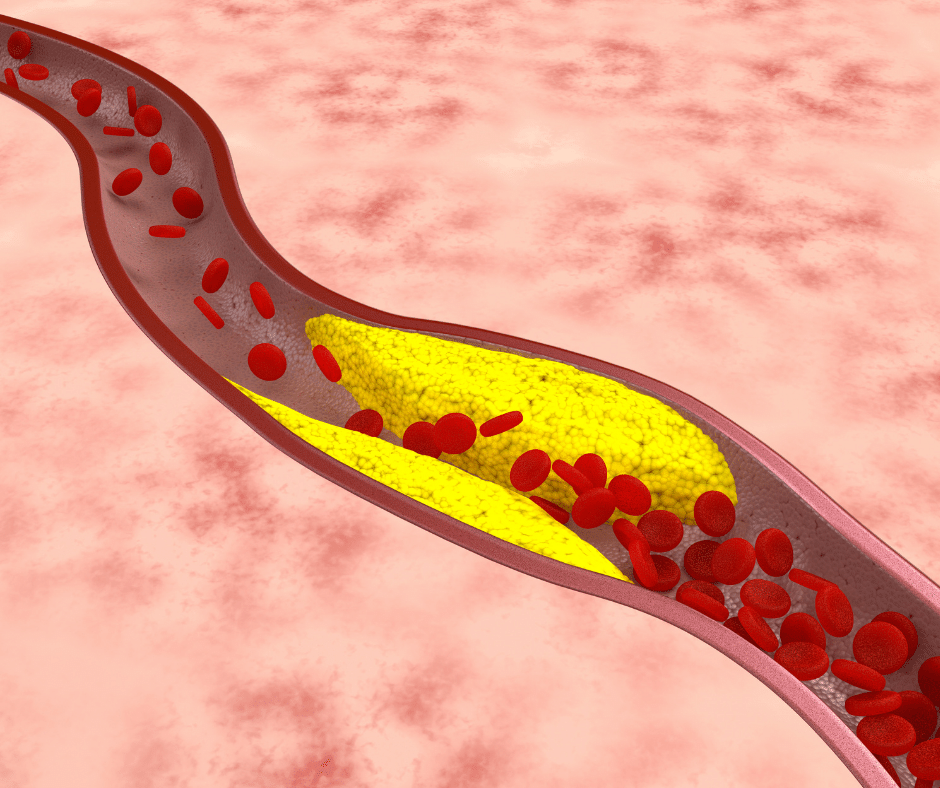
Trouble getting or maintaining an erection has long been thought of as a symptom of “getting old”. If erection problems start from an early age, it’s often dismissed as psychological. Unfortunately for many men, it’s much more. Erectile dysfunction (ED) is often an early warning sign of heart disease or other circulatory problems.
Looking at the simple mechanics of an erection, an erection can only occur when there’s extra blood flow into the penis. The arteries relax and let more blood flow in, and the veins close up to trap the blood and maintain the erection. In the majority of cases, ED occurs when something interferes with blood flow to the penis.
What’s the connection between erectile dysfunction and Heart Disease?
That “something” interfering with blood flow is often atherosclerosis, the artery-clogging process responsible for most angina (chest pain with exercise or stress), heart attacks, strokes, and other cardiovascular conditions. One result of this disease process is the accumulation of cholesterol-filled plaque inside arteries. Plaque can inhibit blood flow through an artery.
The effect on health depends on what tissue or organ the plaque-damaged artery feeds into. Plaque in a coronary (heart) artery can cause angina or a heart attack. An artery in the brain can cause memory loss, dementia, or stroke. Atherosclerosis in arteries supplying the penis can prevent increased blood flow needed to start or sustain an erection.
How can ED be an early warning sign of heart disease?
The theory is that the “artery size” difference explains the onset of ED before a cardiovascular event. Penile arteries are 1–2 mm and coronary arteries are 3–4 mm in diameter. The burden of plaque on a smaller artery will show symptoms in the form of ED before an artery of a larger size resulting in a heart attack or stroke.
What are other risk factors for heart disease?
High blood pressure
When your blood pressure is high for an extended time, it can damage the lining of your arteries and interfere with your blood flow. This appears to affect your ability to get and maintain an erection. A 2012 study found that 30% of men with high blood pressure complained of ED.
High Cholesterol
High levels of LDL (or bad) cholesterol can also damage your arteries. The buildup of cholesterol in your arteries can clog them and restrict your blood flow leading to heart disease and ED.
Diabetes
People with diabetes are at higher risk of heart disease and ED. High blood sugar can damage blood vessels and nerves responsible for erectile function. A 2008 study showed that diabetic men with ED predicted heart disease in the near future.
Smoking
Smoking damages your arteries and increases your risk of atherosclerosis leading to circulatory problems. Tobacco use has also been linked to ED.
Obesity or Overweight
Carrying excess weight is also linked to heart disease, atherosclerosis, circulation problems, and sexual dysfunction.
Age
As you get older, your risk of both ED and heart disease increases. But the connection between these conditions is stronger among younger men. A 2016 study indicated that the younger you are, the more likely ED signals a heart disease risk. Men younger than 50 are at exceptionally high risk.
Low testosterone
Men with low testosterone have higher rates of ED and heart disease than men with normal testosterone levels.
How can I lower my risk of heart disease and erectile dysfunction?
Fortunately, it’s not all bad news. Simple lifestyle changes can improve your heart health and penis health too. An increase in physical activity, maintaining a healthy weight, stop smoking and drinking less alcohol will all make a difference.
In summary
It’s a fact that blood vessel problems are the leading cause of erectile dysfunction. That’s why a man’s erection serves as a great measurement for overall health. ED can be an early warning sign of trouble in the heart or elsewhere.
For many men, ED is a hard topic to talk about, even to their doctor. But speaking to your doctor about your symptoms is crucial. Your doctor can help you learn if heart disease is responsible for your ED. An early diagnosis can help you get the treatment that you need. If you have heart disease, early treatment could potentially add years to your life.
While you work on your lifestyle changes, easy to use prescription medicine can be an effective way to get your sex life back on track. Complete your Online Assessment to see if you’re suitable for treatment.

